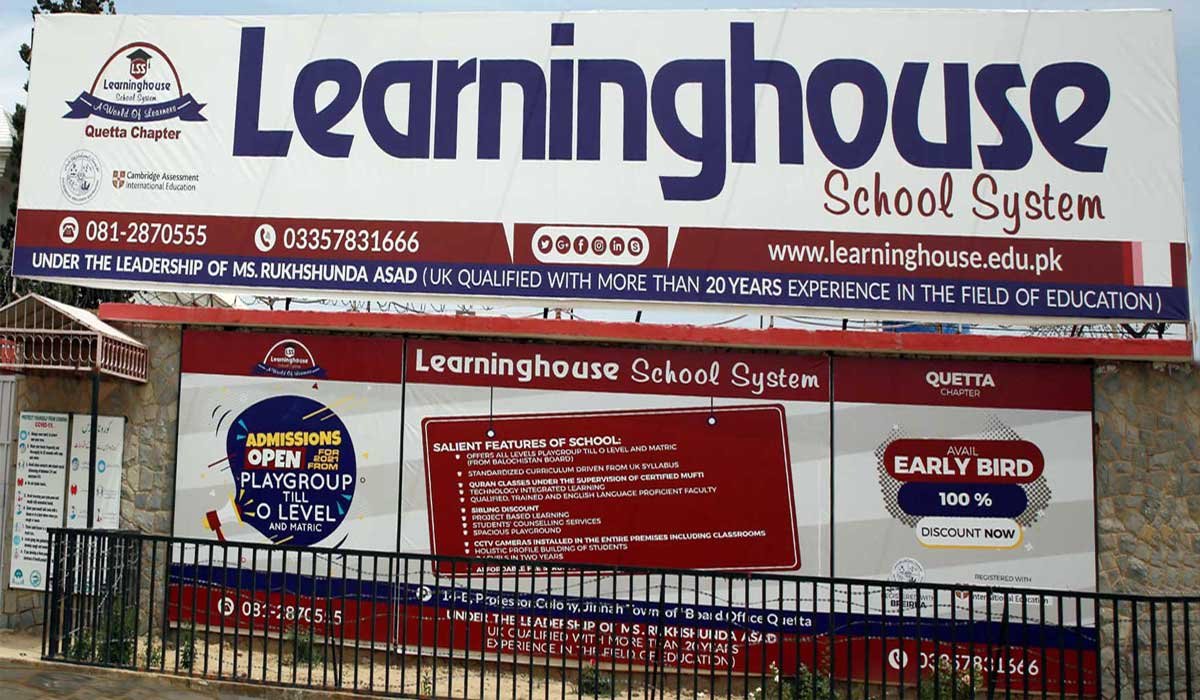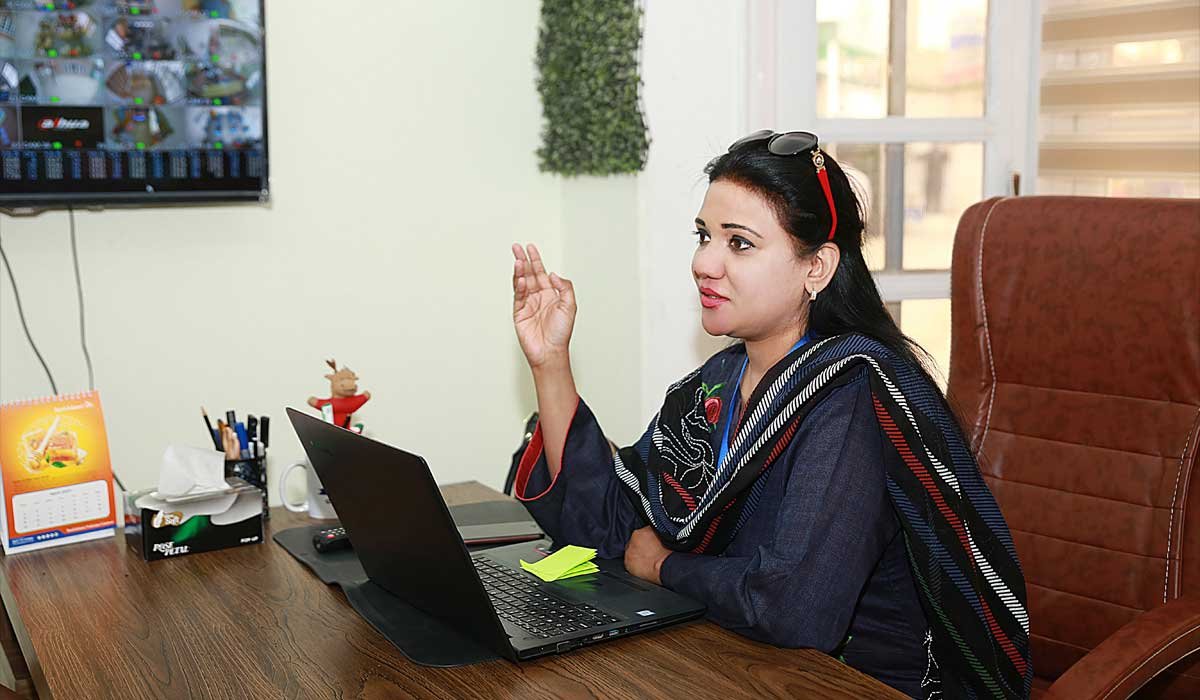1. Points for consideration when using this procedure
A complaint is an expression of dissatisfaction however made, by a parent/guardian with a legitimate interest in the school. It may be about school policies or procedures, the conduct, actions or omissions of members of staff employed at the school or the standards of teaching and learning.
- School should keep a record of all complaints made and the actions taken. When receiving anonymous complaints in the majority of cases the only action the headmistress will take is to log the complaint and a record of any actions taking in response to the complaint. However there may be exceptions to this where the headmistress feels further action should be taken and it is for the headmistress to use his/her discretion in making that decision and in deciding how to proceed in such cases. These may include complaints that raise serious concerns such as child protection allegations or bullying.
- The power to investigate school complaints rests with the school. The main exceptions to this are child protection and health and safety where the HM does still have the powers to investigate and intervene. Therefore in the majority of cases any complainant who approaches the regulator will be dealt accordingly.
- It is important that all concerns are taken seriously. Children learn best when there is an effective partnership between the school and the parents. All members of the school community are entitled to have their points of view properly considered and heard.
- It is very important that all complaints are dealt with as swiftly and as fairly as possible. Failure to address complaints promptly frequently results in greater dissatisfaction. Complaints and concerns relating to issues, which occurred more than three months before will generally be ruled “out of time”.
- When investigating a complaint the school disciplinary committee should try to establish what happened, discover what the complainant feels would remedy the situation and interview those involved, keeping notes of the interviews. It may be appropriate to have another person present to take notes on occasions.
Complaints procedure for use
2. Stage one: - Local resolution of the problem (the informal stage)
- In the vast majority of cases a problem can and should be resolved by contacting the class teacher subject teacher . The initial communication with the school may be by letter, telephone conversation or in person by appointment. Where this action does not lead to the problem being resolved then the complaint should be dealt with through the formal stages of this procedure.
3. Stage two – The Formal Stage
- If the complainant is not satisfied with the response from the teacher at stage 1 or if the complaint is of a serious nature, the complainant should be advised that the next stage is to contact directly to the headmistress. The concerned class/subject teacher will furnish their complete report to the headmistress, such as witnesses, dates and times of events and copies of relevant documents.
The headmistress will be responsible for carrying out an investigation through school disciplinary committee to carry out the investigation and report their findings to the headmistress who will then reach a conclusion based on the investigation. At the conclusion of the investigation the committee will compile a report detailing their findings and any recommendations or actions they propose need to be considered by the headmistress.
- The headmistress should inform the complainant after the investigation is done and decision is made in the interest of students and their safety.
- Once satisfied that the investigation has been concluded and a decision on the complaint has been reached the Headmistress will notify the complainant in writing or through meeting of the conclusion and decision made. The complainant will be informed of any action that will be taken as a result of the complaint except where this would be a breach confidentiality e.g. taking any formal action against individual members of staff which would remain confidential.
- The outcome of the investigation would usually be one of the following but not limited to:
- The evidence indicates that the complaint was substantiated and therefore upheld;
- The complaint was substantiated in part and the part upheld and identified only is upheld;
- There is insufficient evidence to reach a conclusion so the complaint is inconclusive and not proven;
- The complaint is not substantiated by the evidence and therefore not upheld;
4. Dealing with unreasonable and persistent complaints
- LSS is committed to dealing with all complaints fairly and impartially, and to providing a high quality service to those who complain. We will not normally limit the contact complainants have with the school. However, we do not expect our staff to tolerate unacceptable behavior and will take action to protect staff from that behavior, including that which is abusive, offensive or threatening.
- LSS defines unreasonable complainants as ‘those who, because of the frequency or nature of their contacts with the school, hinder our consideration of their or other people’s complaints’.
- A complaint may be regarded as unreasonable when the person making the complaint:-
- refuses to articulate their complaint or specify the grounds of a complaint or the outcomes sought by raising the complaint, despite offers of assistance;
- refuses to co-operate with the complaints investigation process while still wishing their complaint to be resolved;
- refuses to accept that certain issues are not within the scope of a complaints procedure;
- insists on the complaint being dealt with in ways which are incompatible with the adopted complaints procedure or with good practice;
- introduces trivial or irrelevant information which the complainant expects to be taken into account and commented on, or raises large numbers of detailed but unimportant questions, and insists they are fully answered, often immediately and to their own timescales;
- makes unjustified complaints about staff who are trying to deal with the issues, and seeks to have them replaced;
- changes the basis of the complaint as the investigation proceeds;
- repeatedly makes the same complaint (despite previous investigations or responses concluding that the complaint is groundless or has been addressed);
- seeks an unrealistic outcome;
- makes excessive demands on school time by frequent, lengthy, complicated and stressful contact with staff regarding the complaint in person, in writing, by email and by telephone while the complaint is being dealt with
-
A complaint may also be considered unreasonable if the person making the complaint does so either face-to-face, by telephone or in writing or electronically:-
- maliciously;
- aggressively;
- using threats, intimidation or violence;
- using abusive, offensive or discriminatory language;
- knowing it to be false;
- using falsified information;
- publishing unacceptable information in a variety of media such as in social media websites and newspapers.
- Complainants should limit the numbers of communications with a school while a complaint is being progressed. It is not helpful if repeated correspondence is sent (either by letter, phone, email or text) as it could delay the outcome being reached. Whenever possible, the headmistress/class teacher will discuss any concerns with the complainant informally before applying an ‘unreasonable’ marking against the complaint.
- If the behaviour continues the headmistress will write to the complainant explaining that their behaviour is unreasonable and asking them to change it. For complainants who excessively contact School causing a significant level of disruption, we may specify methods of communication and limit the number of contacts in a communication plan. This will usually be reviewed after 6 months.
- In response to any serious incident of aggression or violence, the concerns and actions taken will be put in writing immediately and the police informed. This may include barring an individual from School.
5. Complainants who behave in an unacceptable way
- Although fulfilling a public function, schools are private places. The public has no automatic right of entry. Schools will therefore act to ensure they remain a safe place for pupils, staff and other members of their community.
- If a parent’s behaviour is a cause for concern, a school can ask him/her to leave school premises. In serious cases, the headmistress can notify them in writing that their implied licence to be on school premises has been temporarily revoked subject to any representations that the parent may wish to make. Schools should always give the parent the opportunity to formally express their views on the decision.
Roles and Responsibilities
The Complainant
The complainant or person who makes the complaint will receive a more effective response to the complaint if he/she:-
- co-operates with the school in seeking a solution to the complaint;
- expresses the complaint in full as early as possible;
- responds promptly to requests for information or meetings or in agreeing the details of the complaint;
- asks for assistance as needed;
- treats all those involved in the complaint with respect.
The Complaints Coordinator (or Headmistress)
The complaints coordinator should:-
- ensure that the complainant is fully updated at each stage of the procedure;
- ensure that all people involved in the complaint procedure will be aware of the complaints SOP’s
- liaise with staff members and headmistress, to ensure the smooth running of the complaints procedure;
- keep records;
- be aware of issues regarding:- sharing third party information;
- additional support - this may be needed by complainants when making a complaint including interpretation support.
The Investigator/disciplinary committee
The Investigator’s role can include:-
- providing a comprehensive, open, transparent and fair consideration of the complaint through:-
- sensitive and thorough interviewing of the complainant to establish what has happened and who has been involved;
- consideration of records and other relevant information;
- interviewing staff and children/young people and other people relevant to the complaint;
- analysing information;
- effectively liaising with the complainant and the complaints coordinator as appropriate to clarify what the complainant feels would put things right;
- identifying solutions and recommending courses of action to resolve problems;
- being mindful of the timescales to respond; and responding to the complainant in plain and clear language.
- The person investigating the complaint should make sure that they: conduct interviews with an open mind and be prepared to persist in the questioning;
- keep notes of interviews or arrange for an independent note taker to record minutes of the meeting.
Investigation.
Care should be taken in these circumstances not to create an intimidating atmosphere. Children/young people should be told what the interview is about and that they can have someone with them.
Staff/Witnesses
- Explain the complaint and your role clearly to the interviewee and confirm that they understand the complaints procedure and their role in it.
- Staff are allowed a colleague to support them at their interview. The colleague must not be anyone likely to be interviewed themselves, including their line manager.
- Use open, not leading questions.
- Do not express opinions in words or attitude.
- Ask single not multiple questions, i.e. one question at a time.
- Try to separate ‘hearsay’ evidence from fact by asking interviewees how they know a particular fact.
- Persist with questions if necessary. Do not be afraid to ask the same question twice.
- Make notes of each answer given.
- Deal with conflicting evidence by seeking corroborative evidence. If this is not available, discuss with the complaints coordinator/ headmistress/ Chair of Governors the option of a meeting between the conflicting witnesses.
- Make a formal record of the interview from the written notes as soon as possible while the memory is fresh. Show the interviewee the formal record, ask if she/he has anything to add, and to sign the record as accurate.

